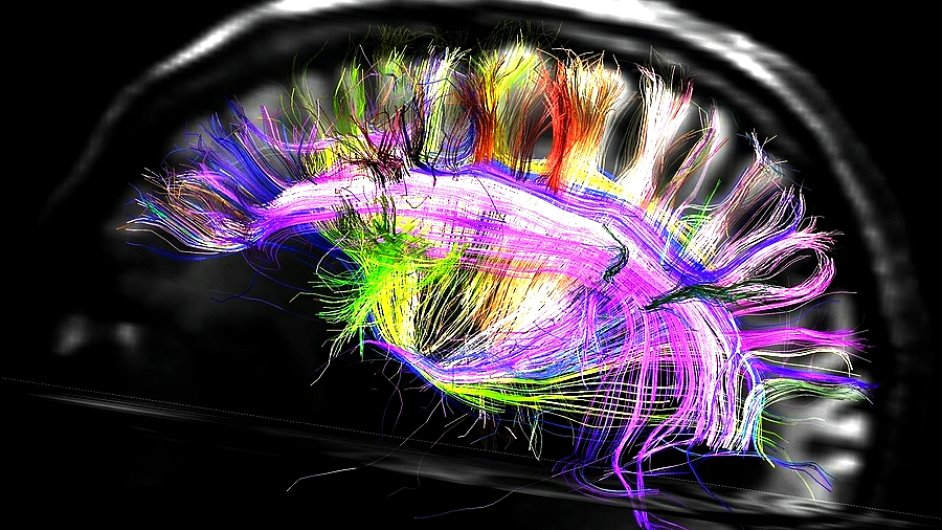Luminosity, an online brain games provider, has over 35 million players registered. Players range from school children to the elderly to those diagnosed with brain disorder. All are there for one reason-they believe in ‘power to change their brain’. Websites similar to Luminosity promise to develop mental flexibility and improve memory and attention. But just how effective are online brain games? Does one really have the power to alter their mental abilities?
In pre-technological boom of our epoch, scientists strongly believed that human brain was like an organ which developed during childhood but could not be ‘reshaped’ in any way during adulthood. In fact, it was believed that mental capabilities were in gradual decline throughout one’s life. However, nowadays the human brain is viewed more like a muscle than an organ. Human brain can regenerate cells, as a result of forming new neural pathways throughout one’s life.
In effect, one has the power to train their brain and improve its performance and endurance. Brain games industry wants its customers to think of brain games as fitness. Just as one is recommended to regularly exercise its body, the myth is developing of necessity to regularly exercise the mind. Luminosity, as an example, recommends a brain exercise 3-5 times a week. Games are non-identical, intent on various functions of the brain. In addition, as one manages to maneuver the games, one moves up the levels, just as in standard computer games.
Such games target working memory of the brain, ability to hold and further manipulate information, keeping it in the focus of the conscious attention. This system is responsible for one’s ability to read, solve problems as well as reason. In addition to this, many psychologists are prone to believe that working memory exemplifies one’s intelligence as those who score well on working memory tests tend to also score well on intelligence tests.
Dr. Torkel Klingberg, founder of Cogmed, which is an online brain games provider, published an experiment in 2002 in which he was able to clearly demonstrate that after several weeks of brain games, students showed improvements in a non-verbal reasoning test, referred to as Raven’s Progressive Matrices. In 2008, the psychologist Susanne Jaeggi came with an even more mind-blowing thesis, claiming that brain games boost intelligence and an hour of brain games can boost IQ score by a full point.
Nevertheless, as the experiments were replicated by a number of scientists and psychologists entering the growing field of neuroscience and as the experiments were subjected to tighter control measures, the thesis of Dr. Torkel Klingberg as well as of Susanne Jaeggi failed to be confirmed. At the same time, a 2010 study by Dr. Adrian Owen proved that computer-based games which target reasoning, planning, memory and attention do nothing but make the player advance in management of the games. In other words, players become better in playing the games, but no advancement can be observed in other areas.
The field of neuroscience is rapidly expanding and brain games market is developing on a parallel track. It is unclear whether it is possible to boost one’s IQ or develop reasoning. Much of research on brain is yet to come. However, what is becoming clear is that privately owned businesses such as Luminosity, Cogmed, Jungle Monkey and Nintendo are running high on profits with Luminosity hitting revenue of $26 million in 2005 alone.
On the other side of Atlantic, in the United States, some state schools have gone so far as to enroll kids on brain-training programmes which can amount to $300 per child. Parents also unintentionally take this new initiative in their own hands, deciding to replace private tutoring with brain games in order to ensure accomplishment within the educational premises.
Although brain games are not likely to bring harm to its users, one can still argue that an hour per day spent playing brain-training games can be brought to much more productive and efficient use. Especially as children are already spending more and more time behind computer screens.
 Přidejte si Hospodářské noviny
mezi své oblíbené tituly
na Google zprávách.
Přidejte si Hospodářské noviny
mezi své oblíbené tituly
na Google zprávách.
Tento článek máteje zdarma. Když si předplatíte HN, budete moci číst všechny naše články nejen na vašem aktuálním připojení. Vaše předplatné brzy skončí. Předplaťte si HN a můžete i nadále číst všechny naše články. Nyní první 2 měsíce jen za 40 Kč.
- Veškerý obsah HN.cz
- Možnost kdykoliv zrušit
- Odemykejte obsah pro přátele
- Ukládejte si články na později
- Všechny články v audioverzi + playlist








